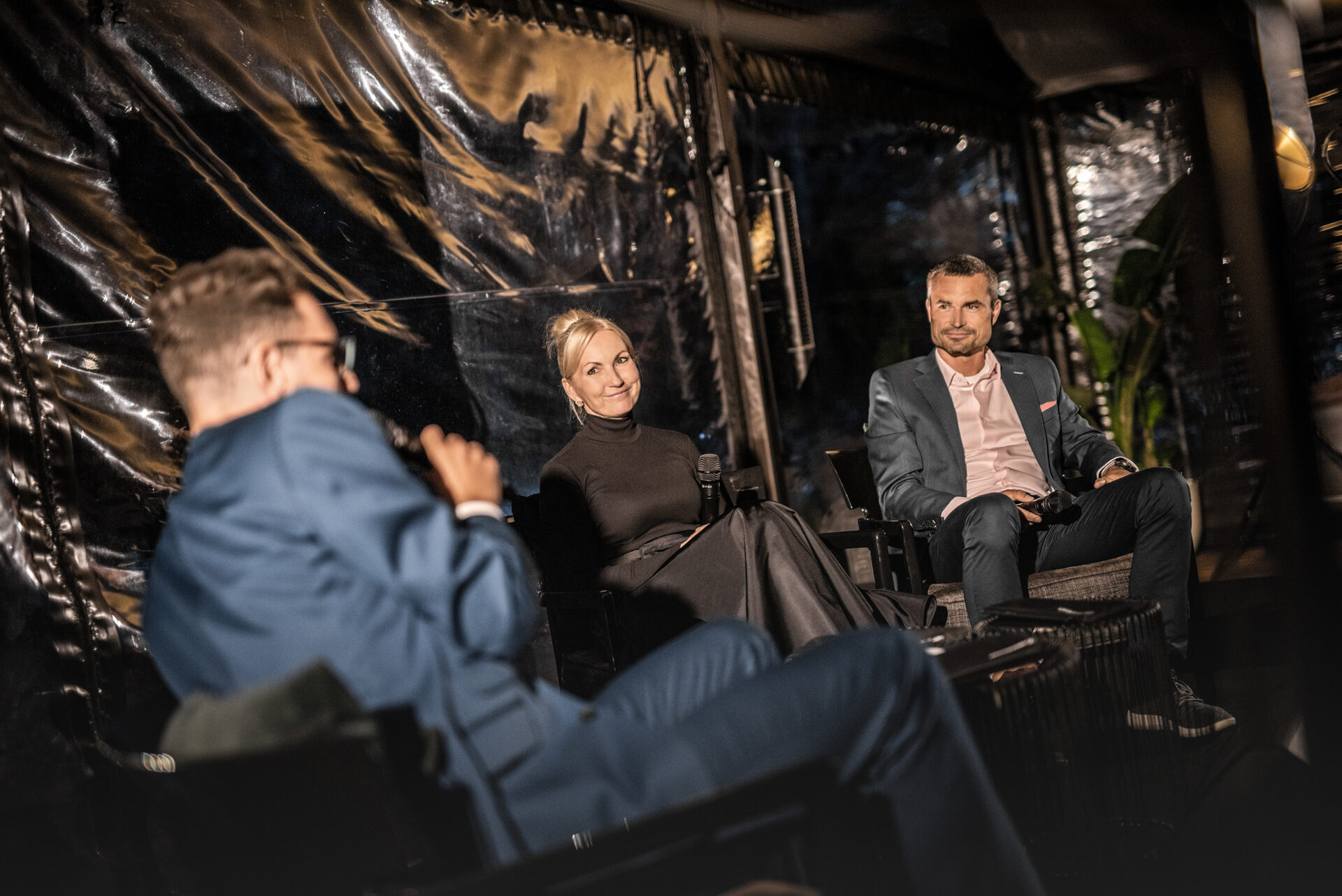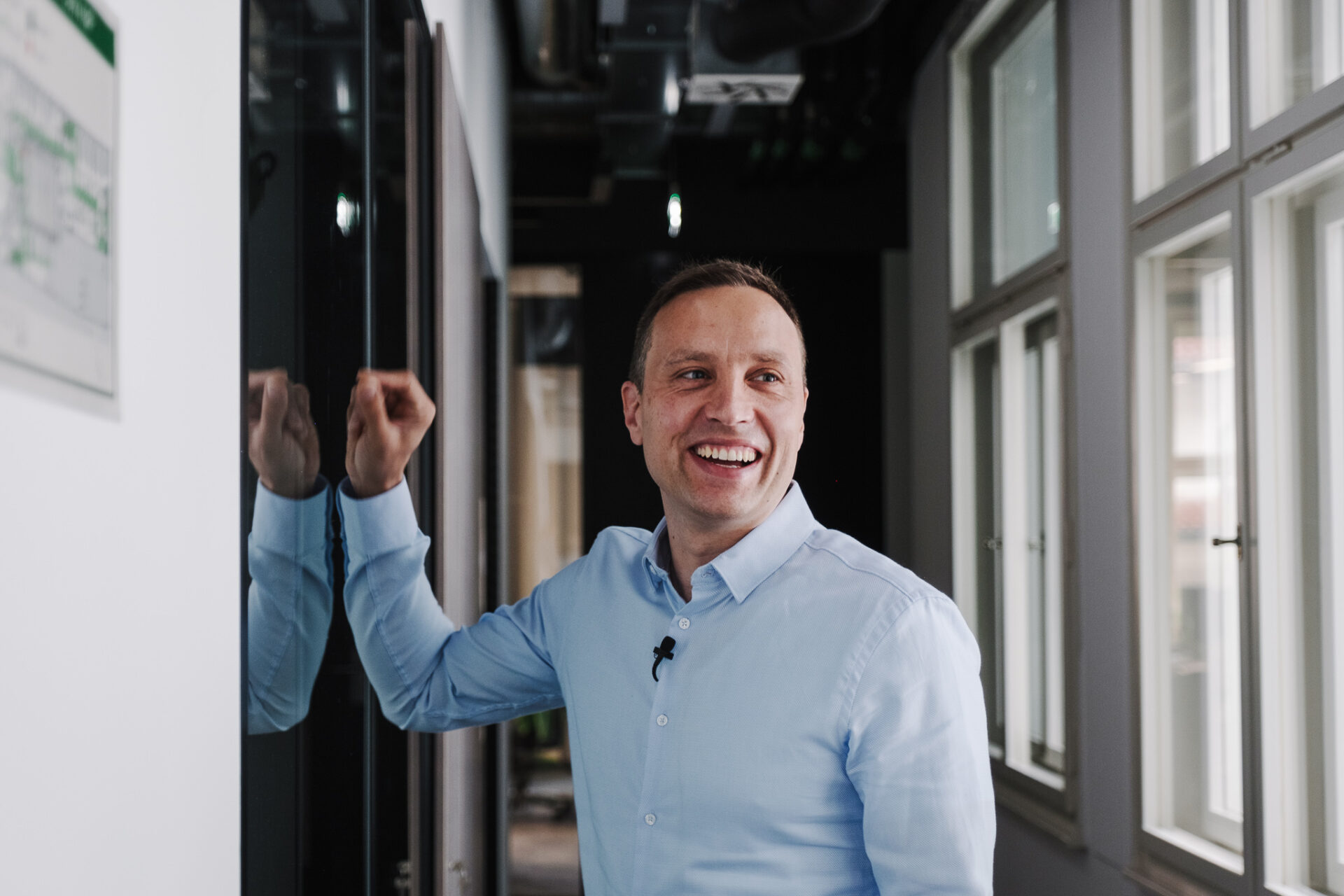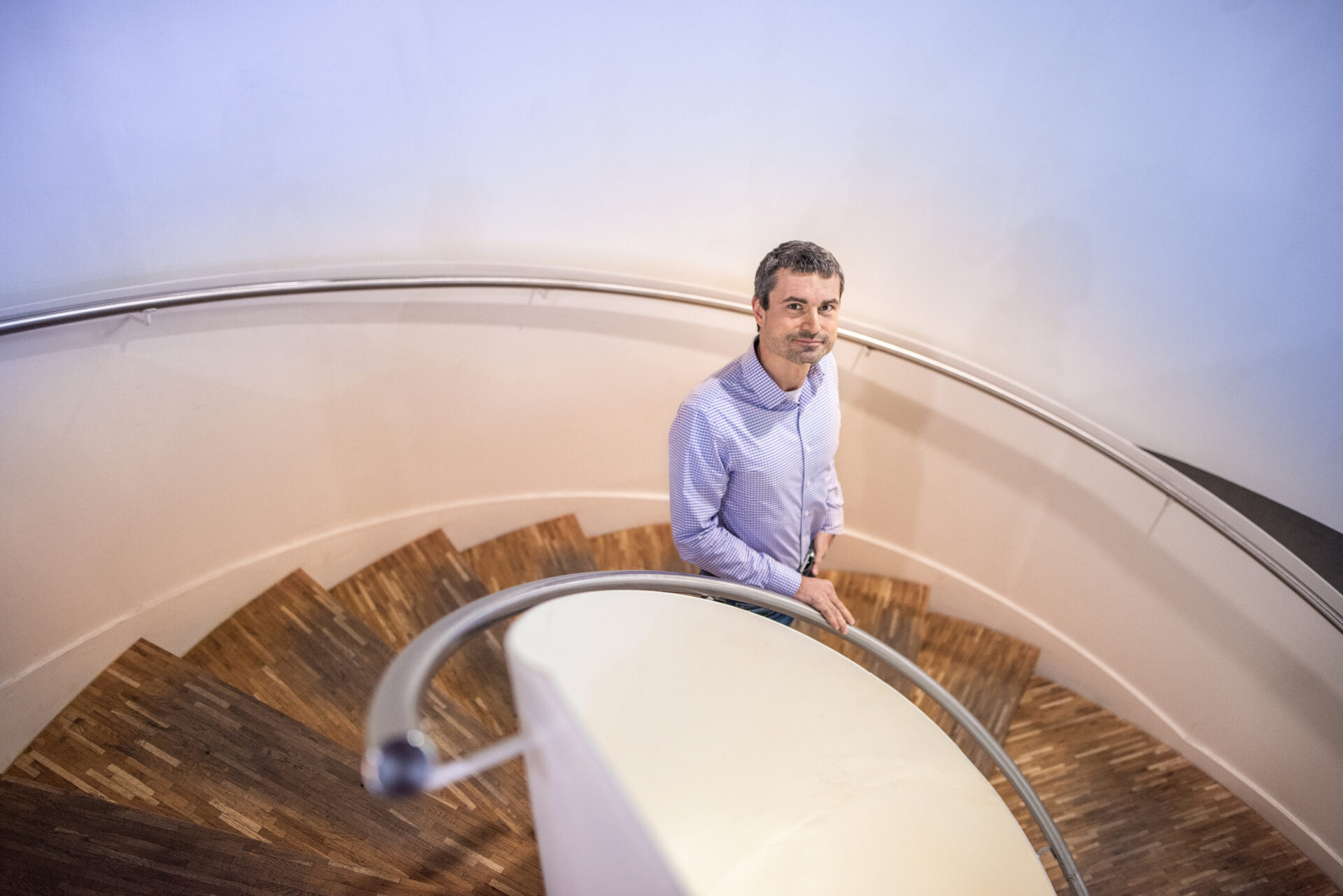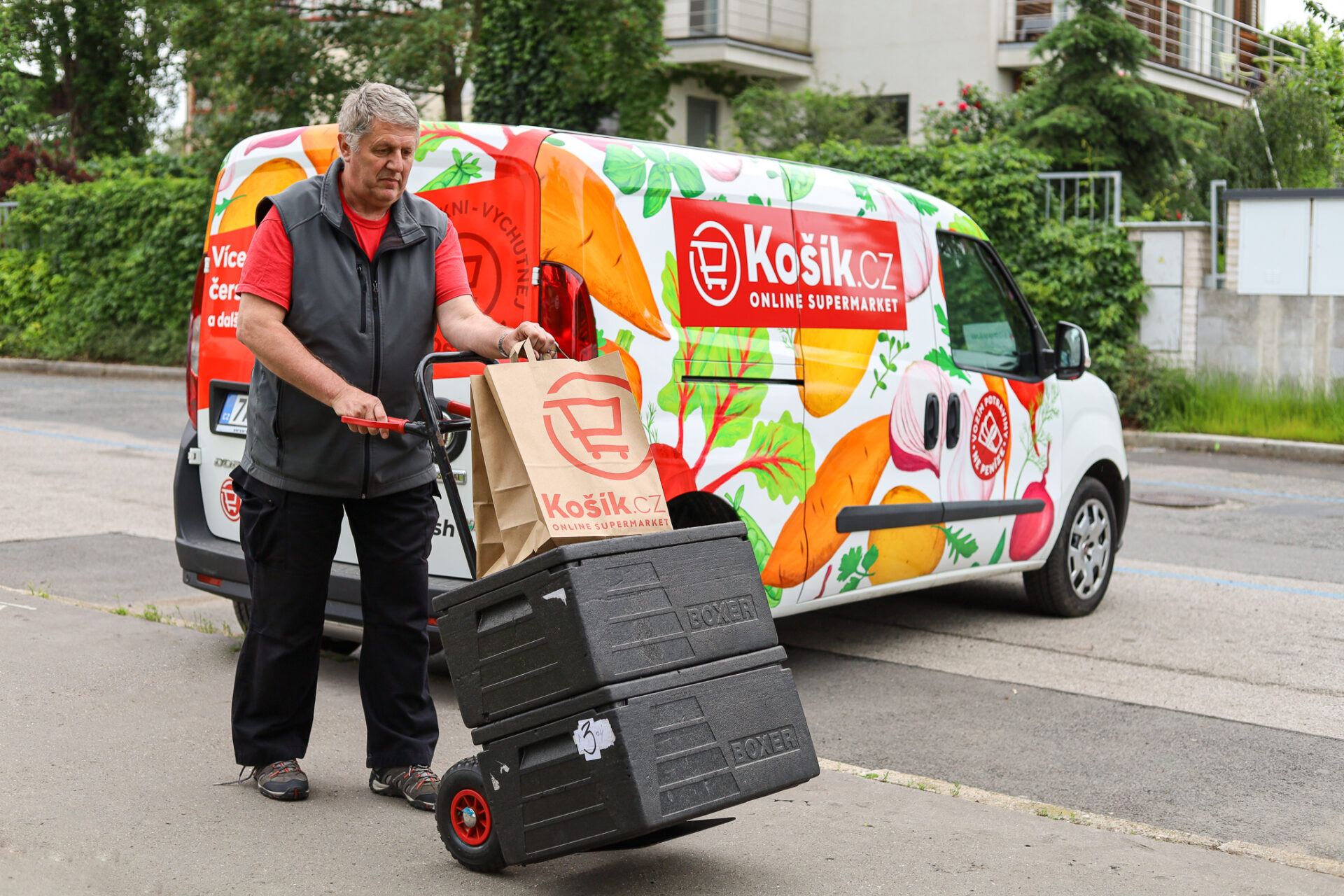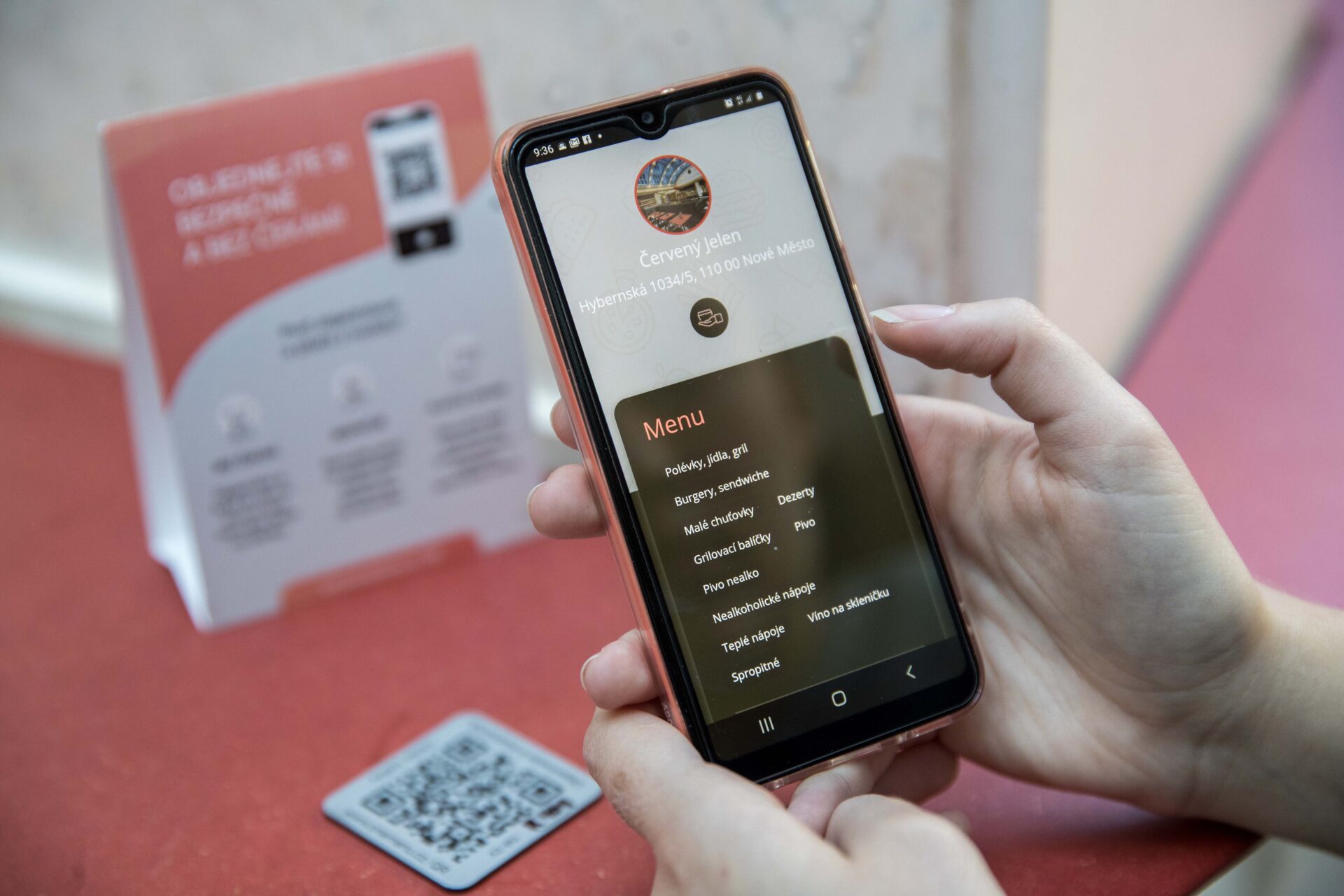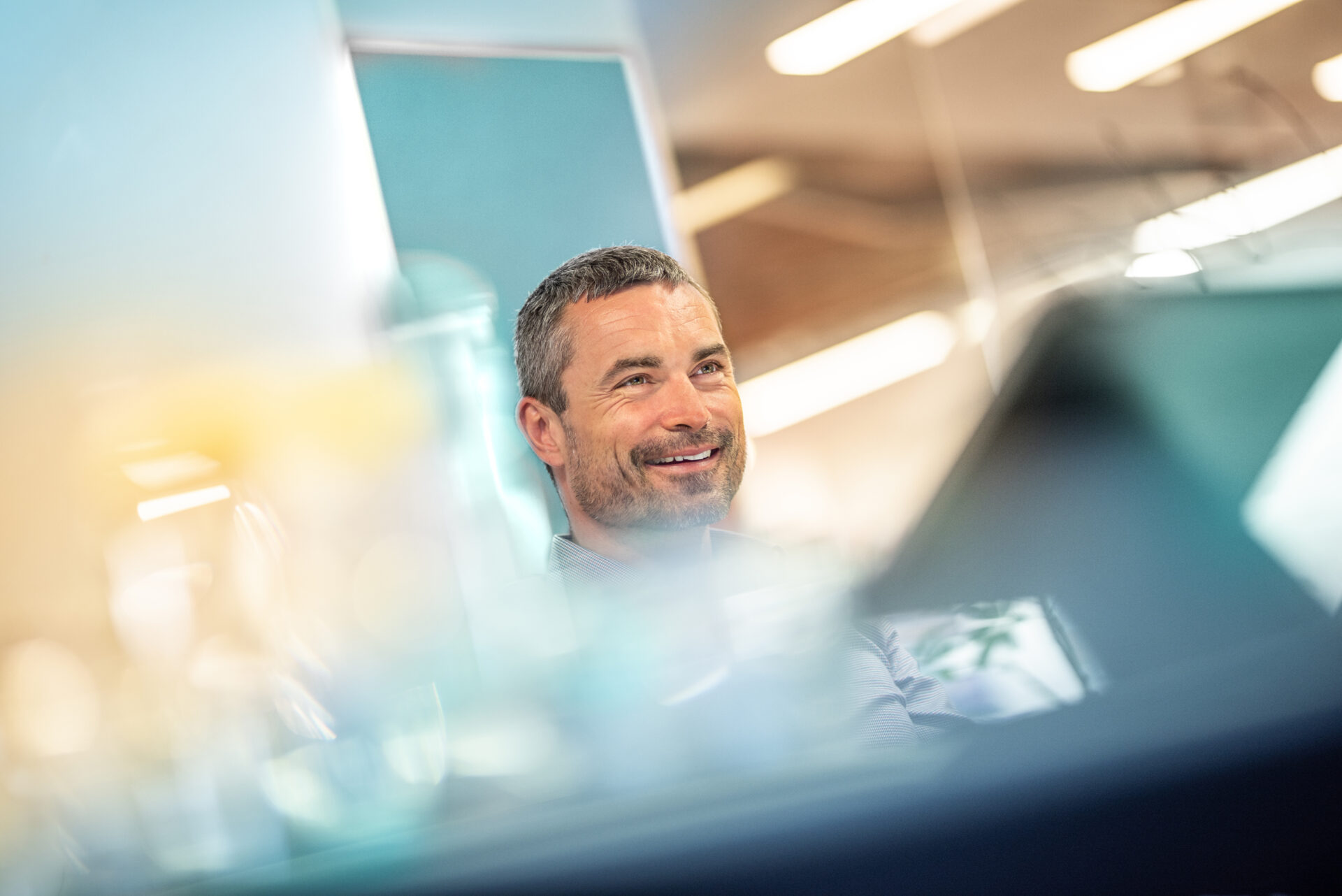
Dušan Zábrodský, General partner of Rockaway Ventures: Decline is an Opportunity
The year 2021 was truly an exceptional one for the entire European venture capital ecosystem. Fundraising for growth funds set a new record of EUR 20 billion and venture capital one of EUR 18 billion. Roughly 5300 companies were on the receiving end of the investments, with the vast majority being small and medium-sized ones. All this despite the uncertainty caused by the Covid-19 pandemic.
At Rockaway, we didn’t stay behind. In the fall of 2021 we started the Rockaway Ventures Fund and in April we’d received over CZK 600 million from investors. Building on the success of Rockaway Ventures, which since 2014 has managed to invest EUR 29 million, finish 22 investments and 11 exits, and with an annual IRR of 46 % can boast a portfolio valued at EUR 139 million that includes super-successful Czech unicorn Productboard or the Balkan Gjirafa.com e-commerce platform.
We started the new Rockaway Ventures Fund when company valuations were at a record high. We bet on highly fragmented and hitherto unconsolidated markets that have yet to be digitalized. Some examples are investments into Campiri, a Czech platform for renting recreational vehicles, Spotawheel, a Greek used car sales platform, or the German FreewayCamper platform.
However, within a short time the mood in the economy and on the market has changed radically. The war in Ukraine, energy dependence on Russia, rapidly increasing inflation – these are all critical factors affecting the entire venture capital ecosystem, and much more. The global economy is almost certainly facing stagflation, and so it’s obvious that after the “gold rush” of the last two years, were in for a very unpleasant sobering experience.
FEET BACK ON THE GROUND
This isn’t the first time venture capital has been in such situation. Many of us still vividly remember when the internet bubble burst in 2000, or the mortgage crisis of 2008. So it’s definitely not hard to find historical parallels. Almost ten years later we’re once again experiencing significant economic decline and limited access to liquidity on the market. The generally expected low degree of public consumption indicates that new start-ups will have increasing problems obtaining finances.
With increasing frequency we’re encountering the term “down round”, describing a situation where a company is offering additional shares for sale at a price lower than in the previous round of financing. A shining example is the story of the until recently most highly valued European start-up, Klarna. The valuation of this Swedish fintech company plummeted from 46 billion to 6.7 billion dollars, hence a hard-to-believe 85 %. That’s truly a gigantic drop and I think that we’ll hear more such stories in the near future.
It’s no wonder: tech companies are in a very difficult environment. While when the venture capital market was booming, investors looked primarily at rate of growth, now they’re mainly interested in sustainability and cash flow optimization. Plans for expansion or product development have to be put on hold in many cases, and not only European funds are taking a wait and see attitude that may last until the end of the year and maybe even longer. Nobody knows how far markets may still drop, and companies that were relying on obtaining financing for future growth are suddenly in a situation where they may not get it, and if they do, it will be on different terms than they were used to up to now.
IT’S NOT AS BAD AS IT MAY SEEM
However, from the perspective of a well-prepared investor, this can be an ideal opportunity. Thanks to the general decline in valuation, large European VC funds, including the Rockaway Ventures Fund, have the opportunity to negotiate better terms for new investments and to put together more interesting deals. It’s of course good to be careful, but experienced investors will still be looking for top start-ups, and if they come across a company with a convincing product and a sustainable business plan, from a long-term perspective there’s a great likelihood of high growth.
History tells us that VC funds that achieved up to a tenfold return in their portfolio made their most significant investments during a recession. Venture capital involves betting on the market’s future and smart investors see a decline as an opportunity. Plus if investors remains active even during a recession, through new investments they can help hire top-notch talent while the job market is in turmoil, which in the end lets funds play a more prominent role in directing their portfolio companies.


